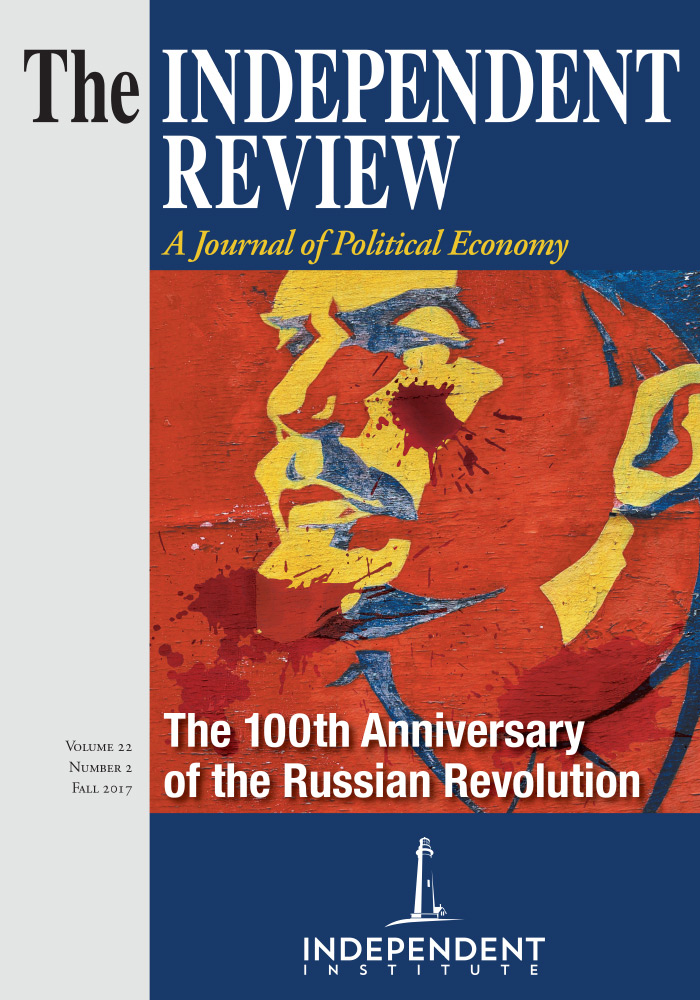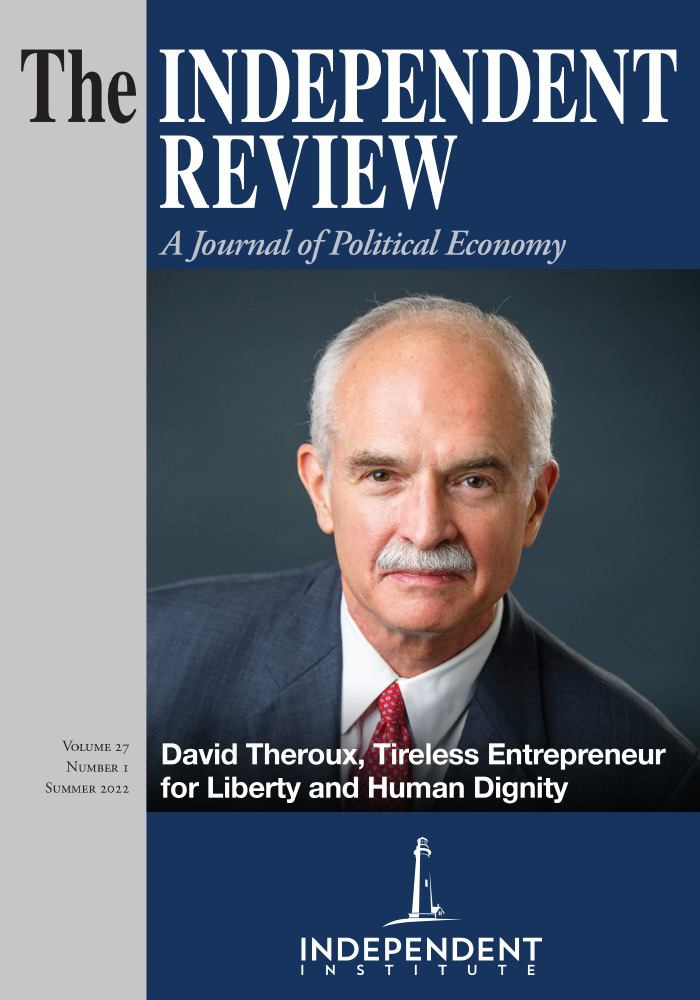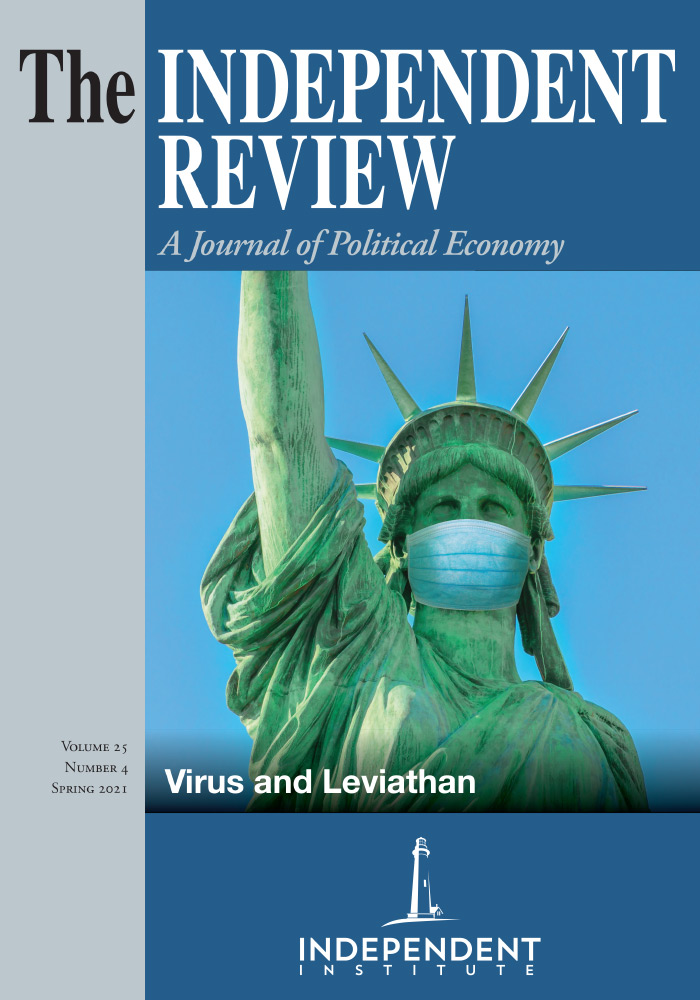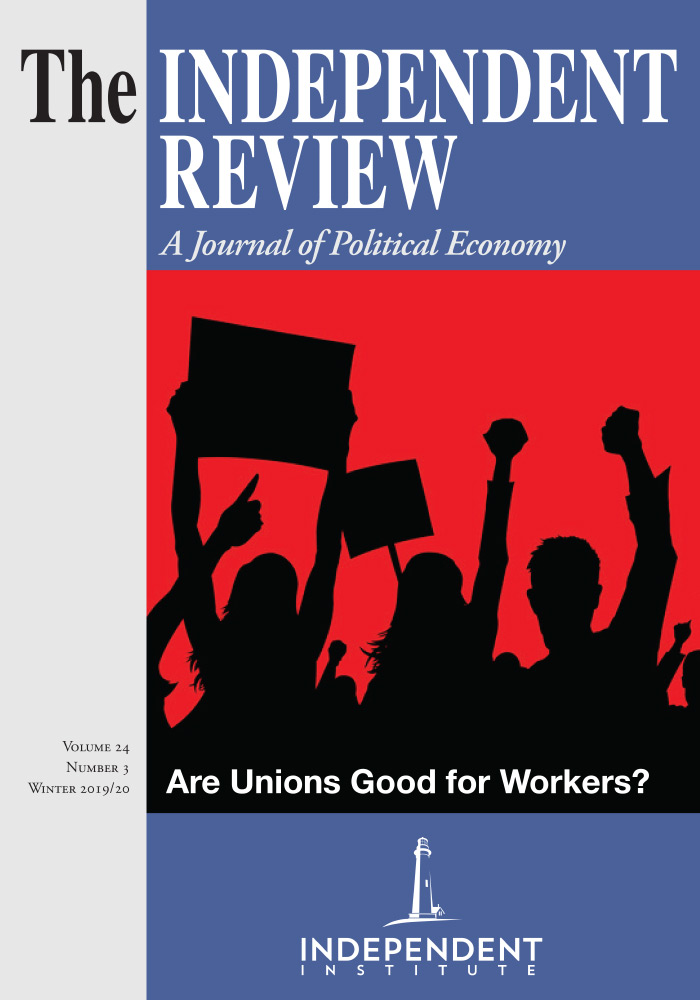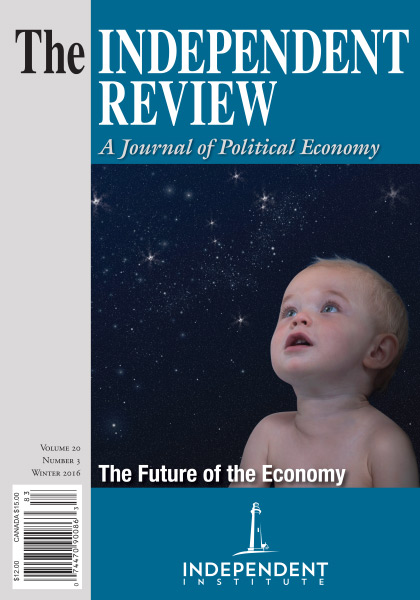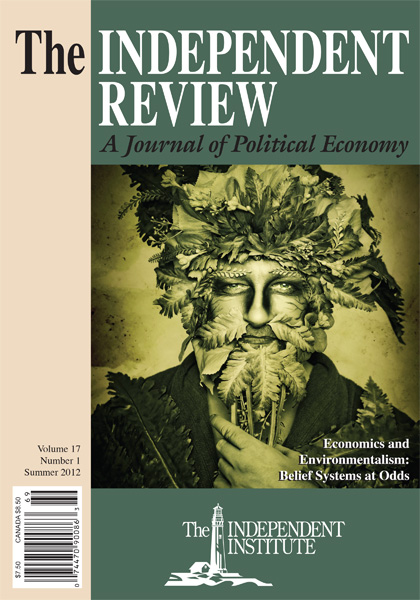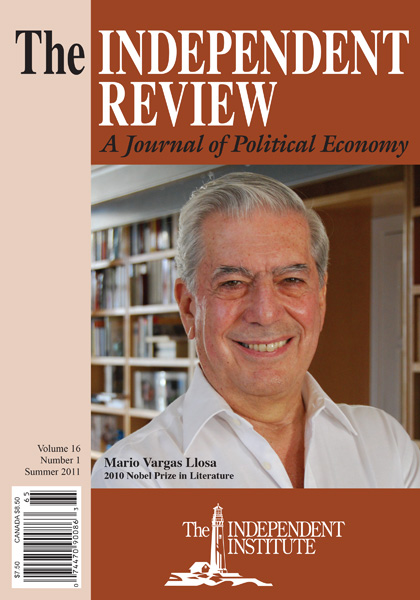The Bolshevik Party’s overthrow of Russia’s fledgling provisional government left indelible footprints on the twentieth century, some of them still not fully recognized. The Russian Revolution and its aftermath illustrate the truth that horrendous things occur when amoral leaders seize power and treat people as pawns to sacrifice for their masters’ ideologies.
Article
Growing up in suburban Washington, D.C., I learned that my neighbors and I were living with a target on our backs—that the nation’s capital was the bull’s-eye for enough Soviet missiles to end everything in an instant. I had the sense that the Iron Curtain was permanent and that once a nation was wrapped in the tentacles of communism, escape was virtually out of the question. Like so many others, I was floored by the swift collapse of communism in the Soviet bloc in the late 1980s and early 1990s (and equally surprised by China’s rapid turn toward markets). Now communism lurks and lingers in only a few odd places.
The fall of 2017 marks the one hundredth anniversary of the event that put the Communists in power—the October Revolution of the Bolsheviks in Russia. This event shaped the twentieth century like few others. Mercifully, the Soviet Union has come and gone. Why did the Bolsheviks gain control of Russia? How did communism affect Russia’s long-run economic development? How did it affect the Russian people? How did it affect the rest of the world? What, ultimately, are the legacies and lessons of this revolution a century later? Before the grass grows too thick over the graves of communism and its victims, these questions and others deserve to be answered. Thankfully, the authors in this symposium provide very illuminating responses.
My own sense is that the chief lesson of the Russian Revolution and its aftermath isn’t a lesson at all—because it is something almost everyone already knew: that devastation and misery will ensue whenever power is seized by amoral leaders who see people not as precious and capable of self-rule but as a collective of soulless pawns worthy only of sacrifice to the will of their masters and their masters’ warped worldviews.
| Other Independent Review articles by Robert M. Whaples | ||
| Spring 2025 | Millennials, Gen Zs, Capitalism, Socialism, and Confusion | |
| Spring 2025 | Not Stolen: The Truth about European Colonialism in the New World | |
| Spring 2025 | Green Breakdown: The Coming Renewable Energy Failure | |
| [View All (106)] | ||

